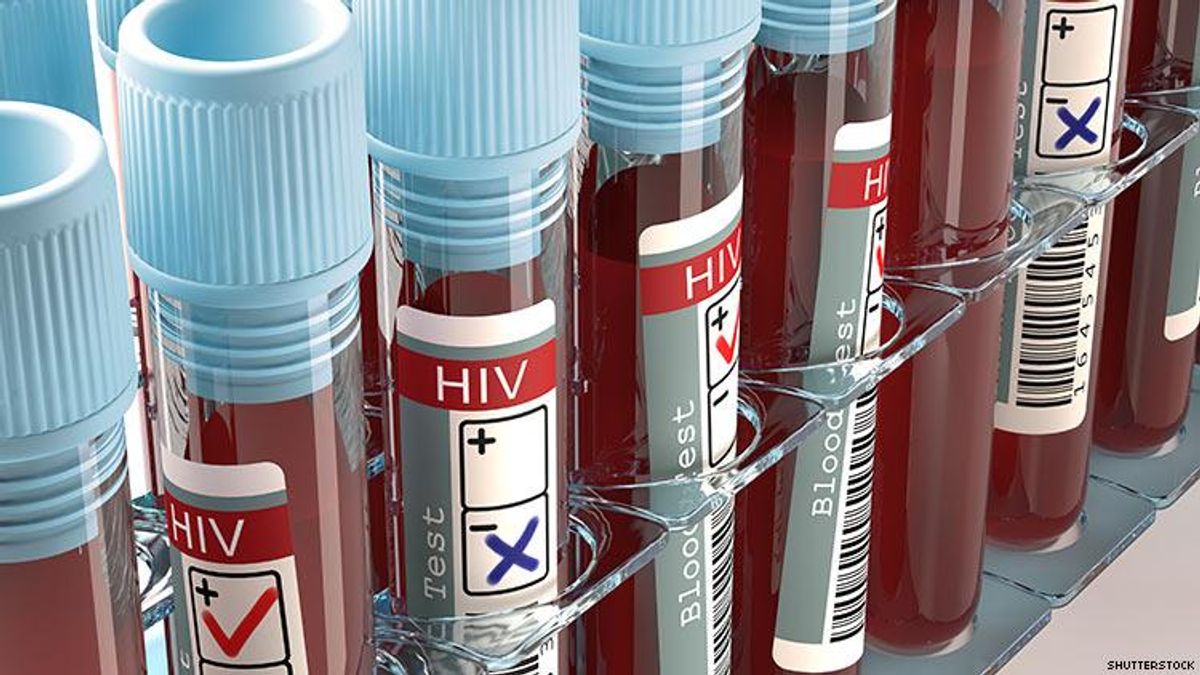Health
A Third Patient Is HIV-Free After Transplant

But the patient has remained free for just three months after ceasing treatment, making the results hopeful but not a cure.
March 07 2019 9:36 PM EST
July 23 2019 3:41 AM EST
trudestress
By continuing to use our site, you agree to our Private Policy and Terms of Use.

But the patient has remained free for just three months after ceasing treatment, making the results hopeful but not a cure.
An HIV-positive patient who has been off antiretroviral drugs for three months shows no signs of the virus returning, leading scientists to hope they can declare another person "functionally cured" of HIV.
The patient, like two others who have been deemed "functionally cured," had undergone a bone marrow transplant from a donor with a gene mutation that conferred natural resistance to HIV, researchers announced Thursday at the Conference on Retroviruses and Opportunistic Infections in Seattle, New Scientist reports. This follows the news announced Monday that a man dubbed the "London Patient" had remained clear of HIV 18 months after discontinuing treatment.
The case reported Thursday is known as the "Dusseldorf Patient," and the results were announced by Annemarie Wensing of University Medical Center Utrecht in the Netherlands, who worked with the patient.
However, after the "London Patient" made news this week, scientists warned that 18 months of being HIV-free does not constitute a cure. That man could more accurately be described as in remission from HIV, experts told The Advocate. A functional cure, they said, means that HIV is not detectable in the patient, but it still could be hiding in the body. Eradicating the virus would involve rooting out and eliminating hidden HIV, which could rebound at any time.
The only person to have been "functionally cured" for more than a decade is Timothy Brown, known as the "Berlin Patient," who was declared HIV-free in 2007.
Also, the bone marrow treatment is not for everyone. "Bone marrow transplants can't be used for people with HIV who don't have cancer, because they carry considerable risks and are only used as a last resort," New Scientist notes. However, the fact that the gene mutation appears to grant HIV immunity opens the path to the development of gene editing to make a person's system immune to the virus.